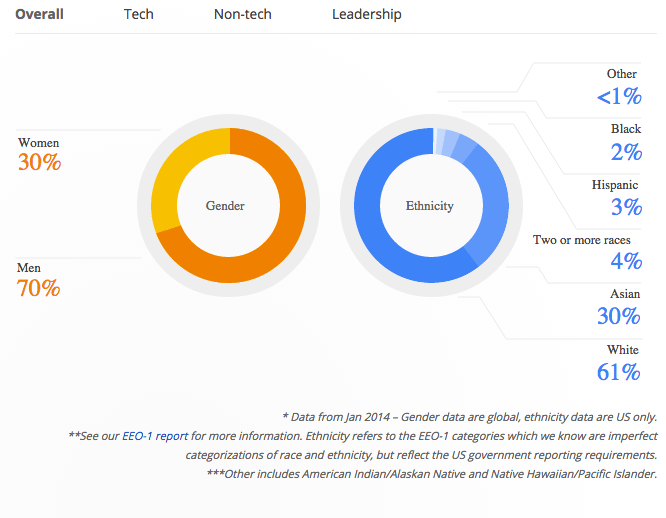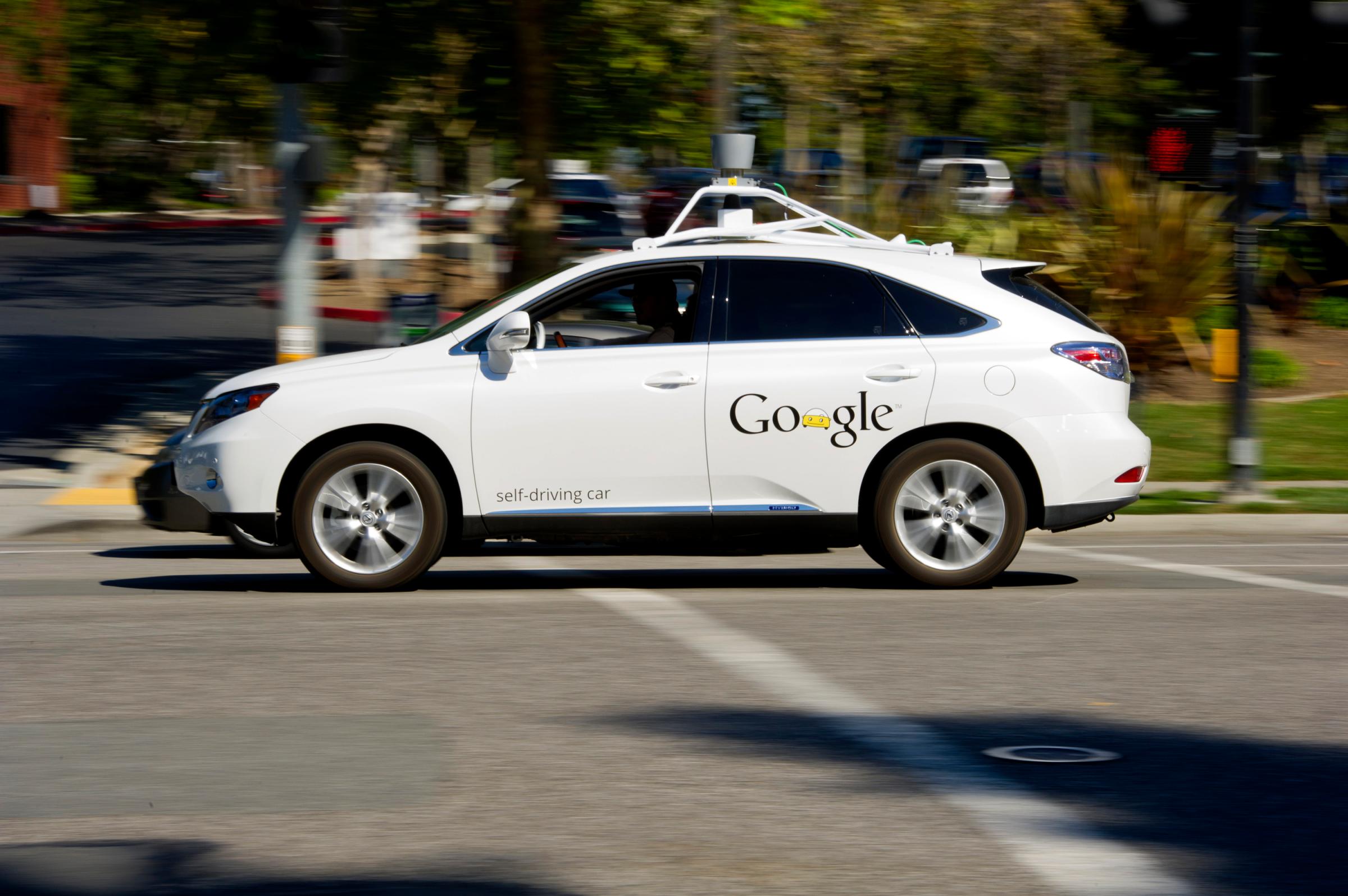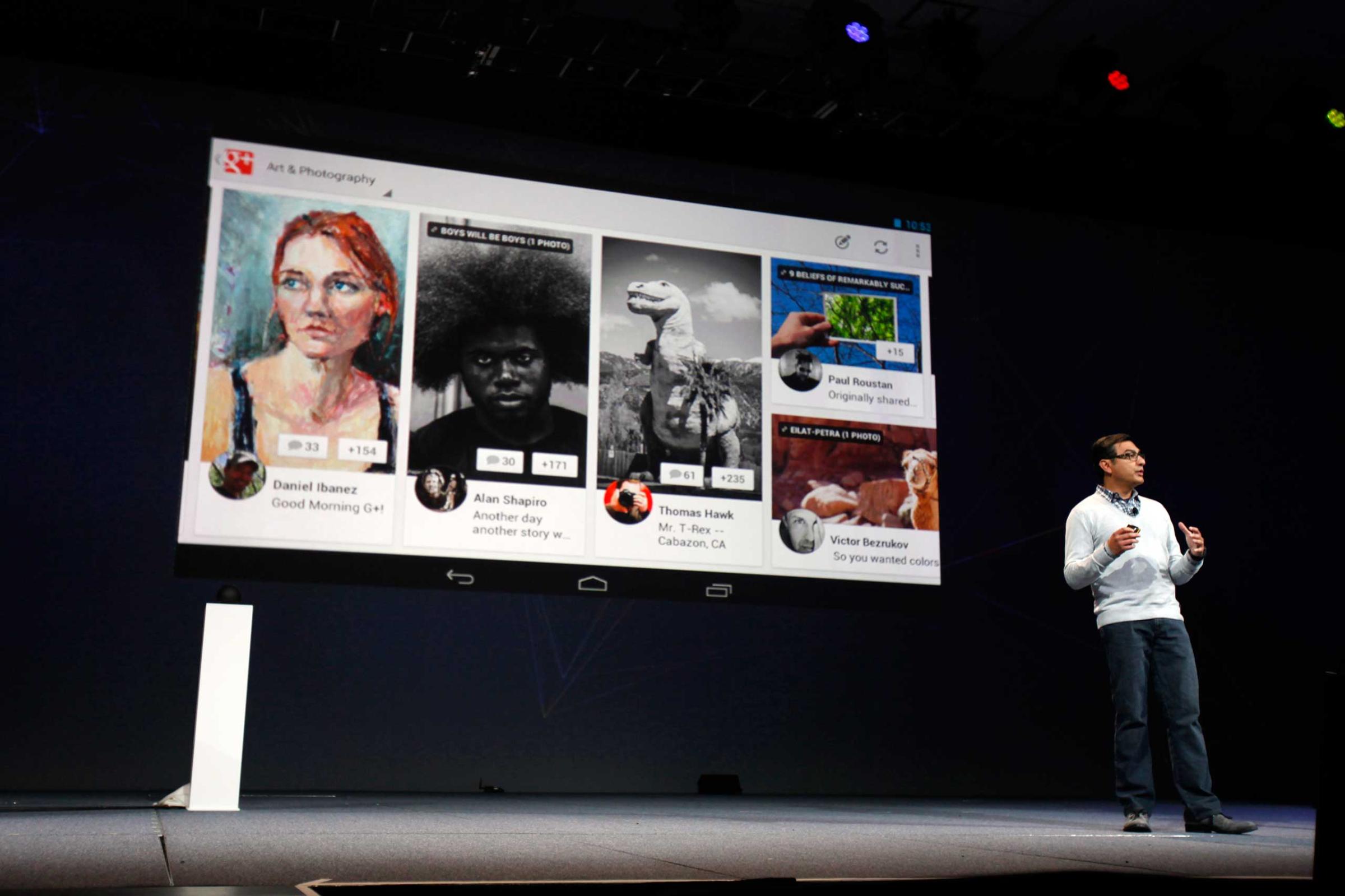
Google looks to be getting serious about increasing the diversity of its workforce. The company told USA Today this week that it’s planning to invest $150 million in workforce diversity initiatives this year, up from $115 million in 2014.
Among Google’s plans, which have been percolating over the last year: doubling the number of schools where it actively recruits to find potential job applicants (Alabama A&M, a historically black college, is among the new schools Google is targeting). The company is also encouraging workers to take workshops to lessen any unconscious bias in the workplace, as well as letting Googlers use 20% of their work time to focus on diversity projects.
To help broaden the pool of people potentially qualified to work at Google, the search giant has also released a free curriculum to help teachers launch computer science clubs and introduced Made With Code, an initiative aimed at helping girls identify with the world of computer programming.
The fact that Google is tackling diversity on a number of different fronts is a smart approach, says Kimberly Bryant, the founder of Black Girls Code, a nonprofit that teaches programming skills to girls of color. “Google is being very deliberate about addressing the systemic issue,” she says. “They recognize that you can’t fix diversity by just focusing on just one area. You have to build a pipeline.”
For now, Google’s employees remain strikingly homogeneous. As of the beginning of 2014, 70% of Google employees worldwide are men, while in the U.S. 61% are white and 30% are Asian. The company has plans to release updated demographic data soon, but the figures will likely be similar.

“With an organization of our size, meaningful change will take time,” Google vice president for people operations Nancy Lee said in a blog post. “From one year to the next, bit by bit, our progress will inch forward.”
Still, the very fact that Google is talking about this issue openly is a marked shift from even a year ago. In the past, diversity data was a closely guarded secret among many tech firms. After Google released its first diversity report last May, competitors such as Facebook, Apple and Twitter also coughed up their respective data. While their demographics were shown to be largely similar, the fact that the information is now public has created a greater level of accountability among the world’s biggest tech firms. “Just the fact that they are having the conversation now,” Bryant says, “is a big step.”
The 10 Most Ambitious Google Projects










More Must-Reads from TIME
- Donald Trump Is TIME's 2024 Person of the Year
- Why We Chose Trump as Person of the Year
- Is Intermittent Fasting Good or Bad for You?
- The 100 Must-Read Books of 2024
- The 20 Best Christmas TV Episodes
- Column: If Optimism Feels Ridiculous Now, Try Hope
- The Future of Climate Action Is Trade Policy
- Merle Bombardieri Is Helping People Make the Baby Decision
Contact us at letters@time.com